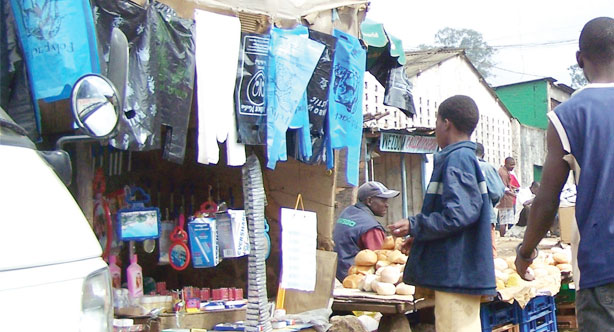Malawi government is now free to enforce the ban on thin plastics following the High Court in Lilongwe, today, which has dismissed a judicial review application filed by plastic manufacturing companies challenging the legality of the Environmental Management (Plastics) Regulations 2015 (EMR2015), which ban the production and use of thin plastics in Malawi.


In a ruling delivered on January 31, 2025, Justice Howard Pemba not only dismissed the application but also discharged an interlocutory injunction that had temporarily halted enforcement of the regulations. The judge strongly criticized the applicants for what he described as an abuse of the court process, deliberate delays, and suppression of material facts.
Background of the Case
The case was brought by 11 plastic manufacturing companies, including City Plastics Industry, Flexo Pack Ltd, Jagot Plastics Ltd, and Qingdao Recycling Ltd. The companies challenged the legality of EMR2015, arguing that the regulations were promulgated without the required recommendation from the National Council for the Environment, as stipulated under the Environmental Management Act.
The manufacturers also argued that the regulations were not properly laid before Parliament, making them unconstitutional. Based on these arguments, the applicants sought an extension of time to file for judicial review, permission to proceed with the review, and an injunction stopping the government from enforcing the thin plastics ban.
The matter was initially handled by Justice Mdeza, who granted all the requested reliefs on June 25, 2024, allowing the case to proceed. However, the government, represented by the Minister of Natural Resources and Climate Change and the Attorney General, later filed an application to discharge the permission for judicial review and dismiss the case.
Government’s Argument: Abuse of Court Process
The government, through its legal team led by Senior Counsel Kalekeni Kaphale, Dr. Silungwe, and Mr. Theu, strongly opposed the continuation of the judicial review, arguing that:
- The applicants had repeatedly brought similar cases before different courts, delaying enforcement of the thin plastics ban for over nine years.
- There was excessive and inordinate delay—EMR2015 was enacted in 2015, but the judicial review application was only filed in 2024.
- The applicants suppressed material facts by failing to disclose previous legal proceedings in which similar challenges had already been dismissed, including a Supreme Court ruling in favor of the regulations.
The government contended that allowing this case to continue would set a dangerous precedent where companies could continuously re-litigate settled matters under different grounds to evade compliance with environmental laws.
Court’s Decision
In a strongly worded ruling, Justice Pemba agreed with the government’s arguments, concluding that the application for judicial review was an abuse of court process and should not have been entertained in the first place.
The judge noted that:
- The applicants had previously challenged the thin plastics ban in at least four other cases, including Judicial Review Cause No. 20 of 2016, which reached the Supreme Court of Appeal and was dismissed.
- The same plastic manufacturers had used different legal strategies over the years, changing parties and grounds but ultimately seeking the same outcome—to block the enforcement of EMR2015.
- The delay of nine years in filing the judicial review was excessive and unjustified, especially considering that the regulations had already been upheld by higher courts.
- The applicants failed to fully disclose the previous legal battles they had lost, which was a clear case of suppressing material facts to mislead the court.
Based on these findings, Justice Pemba discharged the permission for judicial review and lifted the injunction that had been stopping enforcement of the plastics ban.
Impact of the Ruling
With the dismissal of the case and the lifting of the injunction, the Malawi government is now free to enforce the ban on thin plastics without any further legal barriers. This ruling is a significant victory for environmental protection efforts, as EMR2015 aims to reduce plastic pollution and promote sustainable environmental practices.
The judgment also sends a strong warning to litigants against abusing the court process by filing repetitive lawsuits to delay lawful government regulations.
Conclusion
The High Court’s decision marks the end of a long legal battle over thin plastics in Malawi. While the plastic manufacturers may explore further legal avenues, the ruling reinforces the government’s authority to implement environmental laws in the public interest.
For now, Malawi is set to move forward with enforcing the plastics ban—bringing hope for a cleaner, more sustainable future.
Follow and Subscribe Nyasa TV :
Sharing is caring!
















